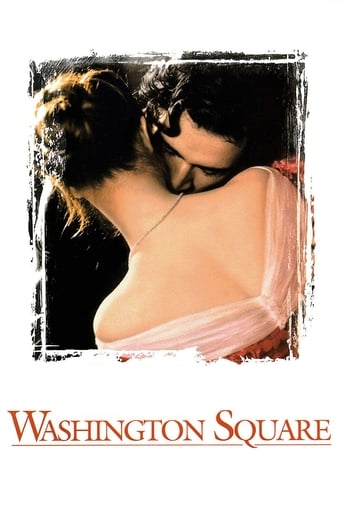


Washington Square
Set in 1870's New York, a spinster heiress is courted by a much younger, penniless man, much to the chagrin of her over-protective father, and must decide whether to spend the rest of her life alone, or marry a man who is interested in her only because of her inheritence.
-
- Cast:
- Jennifer Jason Leigh , Albert Finney , Maggie Smith , Ben Chaplin , Judith Ivey , Jennifer Garner , Robert Stanton


Similar titles

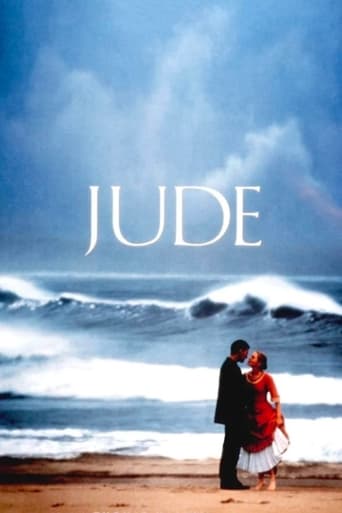
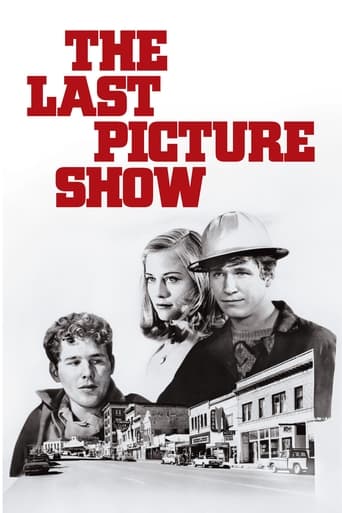
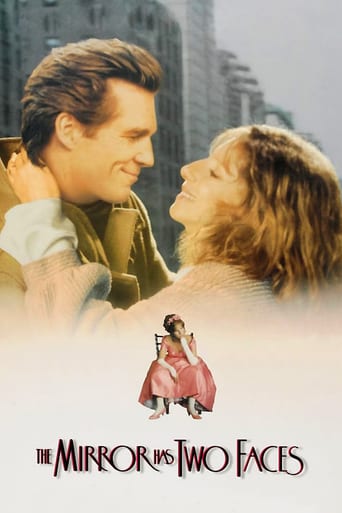
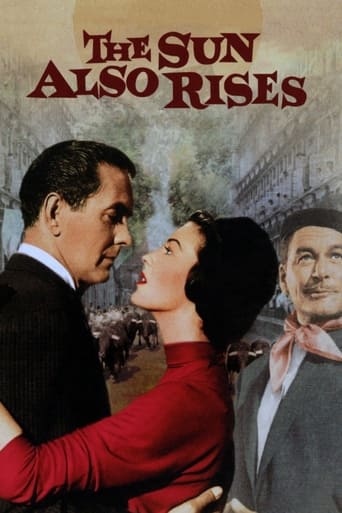
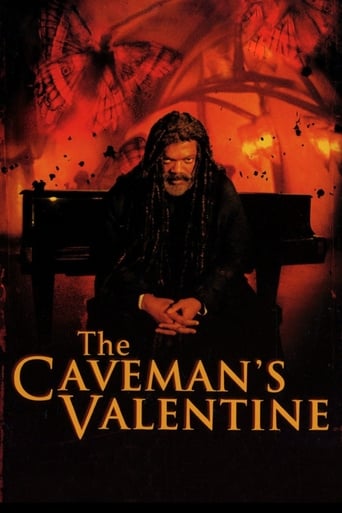

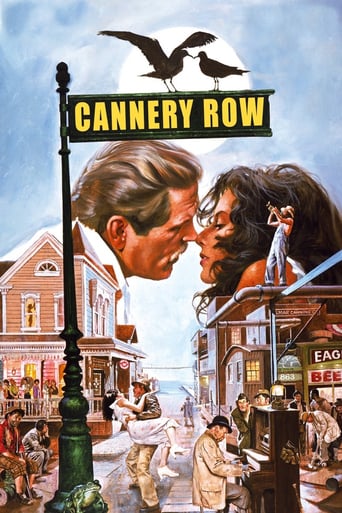
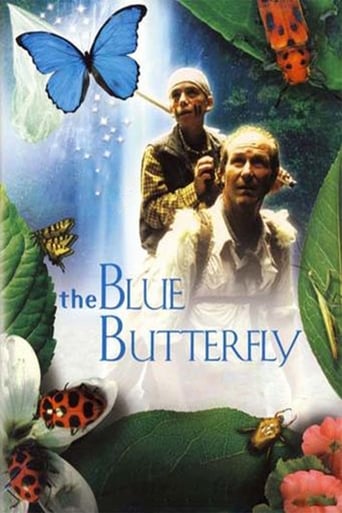
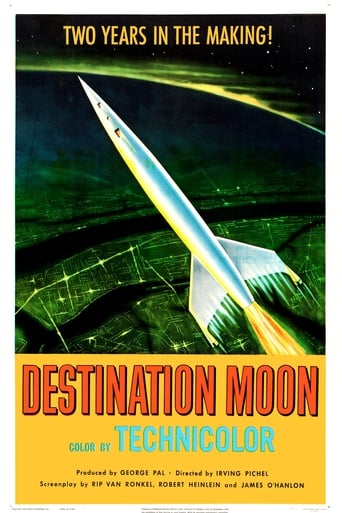
Reviews
Sorry, this movie sucks
This is one of the few movies I've ever seen where the whole audience broke into spontaneous, loud applause a third of the way in.
The best films of this genre always show a path and provide a takeaway for being a better person.
Great movie. Not sure what people expected but I found it highly entertaining.
(This review may spoil the novel)I'm not really going to talk too much on the film; I will touch on it. I read a review on here last night that prompted me to read the book. Read half last night, and the other half this morning. I'm not really a fan of Henry James. Never cared for his work, always found him egotistical and condescending of his readers. This film is nothing like the book in that guise. Also, the father in the book was egotistical, condescending, crude, and unloving of anyone, probably even himself. He did love his wife and son but they died; he did not love his daughter. It wasn't her he was protecting, it was Catherine's money she inherited, and his money, of course. The entire novel is solely about two things: money and Catherine: everyone loves the money (but Catherine) and no one loves Catherine but Catherine loves everyone. Don't get me wrong: she's used to wealth and like anyone, she cares in that guise but she would gladly give it up for love. Catherine loves her father, her Aunt, Morris, even herself. She's filled with love and each of those characters, in the novel, breaks her heart one by one. In the novel the Aunt fantasizes a lot, she's carefree, jubilant, and a bit of a child in her own way but does fear her brother. In the film she's made into a maid of the daughter, and fears her brother. In the book she's young looking and attractive. Nothing against Maggie Smith but she's not young looking or attractive in the film. Catherine is a strong person. Morris is weak. He wants the money, and in the novel he's not shy about expressing that to everyone because he's poor, without employment (for the most part), and he squanders everything; in some sense he believes he can make a standing with Catherine's money and future inheritance. The part in the film where he states with passion he doesn't care about Catherine's father's money is a lie. Especially to the character of the book. Now, while in the novel I don't believe he actually loves or ever loved Catherine I did feel he cared about her well-being. He wasn't total scum but close to it. He was still scum because Catherine already had an inheritance from her mother she received $10,000 a year. In today's dollars, that's almost $200,000 a year. She, in her own right, was already very wealthy. Of course the father's wealth was $30,000 per year which equates to almost $900,000 in today's money. And Morris wanted that, too! But he knew of being poor and I think he cared enough about her not to want her in that position.The father is total scum. He cares nothing for his daughter's well- being except in reflection of himself but he'd gladly have her be a pauper to prove himself right; and his entire life, from the moment that Morris comes into his daughter's life, is to prove that very point. However, in the novel he actually liked Morris. The only thing he didn't like was him marrying his daughter. Also, in the novel, the father is very sarcastic. That does not show in the film, and he's forthright with Catherine in the sense that he allows her to do as she pleases but mentions in heartbreaking mannerisms how disappointed he will be if she goes ahead and does the things he doesn't care for. The film, he's not like that all. Not sarcastic, doesn't really let her do what she wants, and seems pretty tyrannical; like the scene in the film on the cliff. I thought he was going to push her over. That scene never happened in the novel--or the urination scene, prostitution scene etc.,--Yes, they went on a long walk and got lost but there was no implication he wanted to kill his own daughter -- how would that look? He's all about appearance in the novel. Seemed over-dramatic, in my opinion.The Aunt is a bit mischievous in the novel. Poking her nose where it most likely doesn't belong only to make her brother's ego bruised without repair; a sense of perhaps comeuppance for the way he treated her, or perhaps even stranger in a sort of crush on Morris though the novel calls it a sort of mother/son or brother/sister relationship; the latter probably in reference to the indifference to her own brother. And, in such manner, in concern to the novel, she may have unknowingly broke Catherine's heart.Catherine, in the novel, feels so unloved by everyone. They're always referring to her as dimwitted, stupid, plain etc., and James makes note that she does have her strengths and qualities that everyone seems to disregard as nothing but childish musings. But, she goes on loving them, even to the end. Even when you believe she has finally given up and relented to the fact she can give no more love. No! She still loves but as stated: she's not dimwitted and stupid. In the film, she's always sad, or crying, or slow to recognize the truth of things. As much as I do not care for James, he did not write that as Catherine in the novel. At least not in my viewpoint. And though Catherine recognizes in the film the cruelty of who and what her father is, it only seems to be mentioned at the end of the film. Morris mentions the cruelty of who he really is, and as a young woman in love, she doesn't care but as an "old maid" of 40 at the end of the novel, while you know she still loves Morris, her strength of knowing that while she does love him he'll never love her, only her money, and her father's money.The novel has passion, the film does not.
I can't tell if I am naive to the point of a child or such a hopeless romantic as Catherine herself. I never doubted Morris for a second, and I was so taken aback by the last 20ish minutes of the movie that I thought that I had to be watching a new movie. I honestly felt tricked. There were no allusions to his actual intentions until the very end, and by then I was wholeheartedly rooting for them to succeed. By the end, nothing was resolved and I was confused. I don't suggest that I am a genius of reading between the lines, but shouldn't it have been the least bit obvious that he was duping this woman? And how had she not caught on when she was clearly not as weak-minded as her father professed her to be? I'm just a girl who wanted a nice, attractive man to fall in love with an awkward, introspective girl.. Is that too much to ask Henry James? Truthfully, I fell in love with this movie like many other romantic period pieces, (such as Jane Eyre 2010, The Young Victoria, A Royal Affair, The Widow of St.Pierre, The Piano, and P&P 2005) and I literally stayed up until 5 in the morning to finish this movie because I was so enthralled, but the ending killed me. I am writing this review from the grave. Already I am rewriting and editing the ending to fix my own selfish purpose settling my whiplashed mind. Had that scene in the rain ended differently, I would be dreaming soundly in my bed at this early hour instead of writing this review with a heavy heart and bunched up nerves. I give this movie a three for the sake of the beginning, but I am so distraught that a three is all I could muster. Hopefully those interested in a movie of amazing and fresh historical romance and drama will skip the ending and make their own after reading my review.
This adaptation, like 1949's *The Heiress*, is based on the Henry James novel. *The Heiress*, starring Olivia de Havilland, remains as a well-respected piece of work, though less true to James' original story than this new remake, which retains James' original title. It is the story of a awkward, yet loving daughter (Leigh), devoted to her father (Finney) after her mother dies during childbirth. The arrogant father holds his daughter in no esteem whatsoever, and considers her, as well as all women, simpleminded. When a young man (Chaplin) of good family and little fortune comes courting, the Father is naturally suspicious, but feeling so sure that his daughter could hold no interest for any man, is convinced that the young man is a fortune hunter and forbids her to see him. Leigh is a controversial actress most either love her or hate her and she always has a particular edginess and tenseness to her style, like she's acting through gritted teeth. She's not bad in this, and she handles her role relatively deftly it's just an awkward role for any actress, making the audience want to grab the character by her shoulders and shake her until she comes to her senses. While the character garners a lot of sympathy, she's not particularly likable. The very handsome and immensely appealing Ben Chaplin (previously seen in *The Truth About Cats and Dogs*) plays his role with the exact amount of mystery required to keep the audience guessing whether he is after her fortune, or is really in love with her. Maggie Smith is one of the finest actresses alive and raises the level of the movie considerably with her portrayal of the well-meaning aunt. Finney is marvelous, of course, as the father who threatens to disinherit his daughter for her disobedience, but the daughter is willing to risk that for the man she loves. But does her ardent suitor still want her without her fortune? This is only one instance where *Washington Square* differs from *The Heiress*. Another instance is the ability to stick with it. It is a handsome movie that is as tedious as a dripping faucet, offering too little story in too long of a movie.
I'm still not sure if I liked it or not. It was a good story. I'm still kind of confused about why they fell in love. I don't think that the characters were set up well enough, and that made it confusing in the beginning, and I spent a lot of time second-guessing the story. But I want to watch it again. It was interesting, and the ending was GOOD, just, not conventional. I recommend it.
